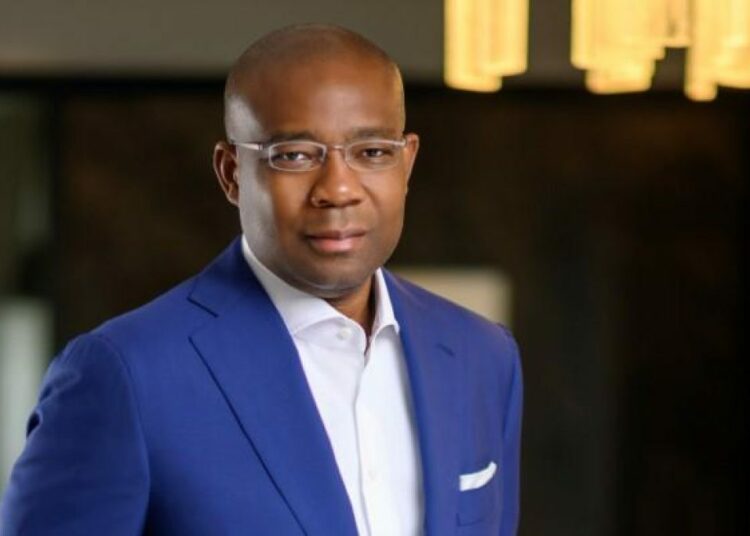Nigerian banker and investor, Aigboje Aig-Imoukhuede has said an efficient and motivated public service is critical for Nigeria to have good governance, production and distribution of public goods, formulation and implementation of economic policies, and management of public expenditure.
Aig-Imoukhuede said without the presence of an efficient and effective and a functioning public service, no nation stands a chance of attaining even medium levels of human development.
He stressed the need for a strong public service, saying, “This is what is holding us back. And you would agree that there’s a correlation between the strength of a country’s public sector and its strength as a nation. It’s simple. There’s nothing you can do about it. This is why all nations in the world have a continuing focus on ensuring that their government works,” Aig-Imoukhuede stated at the Aig-Imoukhuede Foundation’s national workshop in Abuja on Tuesday, Obasanjo said.
In support of his view, former President Olusegun Obasanjo also emphasised the need for recognition of technocrats in the civil service, stressing their crucial role in driving reforms and effective governance. Obasanjo said permanent secretaries and other civil servants in Nigeria and across the world are technocrats that must be recognised and valued. “Technocrats have power, and we must recognise that.”
Obasanjo said government reforms require political heads and technocrats working together, respecting and understanding each other. That’s when you can have real reform,” het said.
Obasanjo also emphasised the need for continuity in personnel, stating, “The greatest pain of reform is discontinuity. Continuity of personnel is crucial. Reform is a lifelong process, a journey, not a destination.”
He praised the outgoing and incoming heads of service, saying, “I’m delighted that a lady is handing over to another lady. For me, we are getting there, and we will get there.”
“I will continue to respect the Nigerian public service, particularly the technocrats, until I die,” he said.
In her keynote speech, The head of the Civil Service of the Federation, Dr. Folasade Yemi-Esan emphasised the importance of understanding why many reforms in Nigeria fail and how to address these challenges.
She stated, “Reforming a system can be daunting, and challenges will arise. It is essential to recognise that there are no infallible systems, and reform is continuous.”
Esan identified several impediments to reform programme implementation in Nigeria, including lack of inclusive implementation strategy, poor funding, and resistance to change.
She highlighted the Office of the Head of Service’s efforts to address these challenges, including wide stakeholder consultation, governance structure for reform initiatives, and capacity building.
Esan emphasised the key elements for successful reform programs, saying, “Systems and support structures, partnerships, high-level monitoring, capacity building, compensation systems, and change management strategy are crucial for success.”
She also acknowledged the progress made in re-engineering the civil service, saying, “It is essential to recognize and celebrate the good work of our officers and partners while sanctioning indiscipline and poor performance.”
Aig-Imoukhuede stated that the aim of government reform is not just to create a government workforce of the size and with the skills, adding that it also requires incentives, ethos, and accountability to provide quality public services and carry out the functions of government.
Aig-Imoukhuede highlighted the importance of an efficient and motivated public service in achieving good governance, production and distribution of public goods, formulation and implementation of economic policy, and management of public expenditure.
He noted that Nigeria’s current Human Development Index ranking of 161 out of 189 countries is a reflection of the performance of the government over several decades.
Aig-Imoukhuede also highlighted the foundation’s efforts to transform public service delivery, including building a critical mass of public sector leaders, providing technical support and funding for digitization efforts, and upskilling thousands of workers in the civil service.
He called on all stakeholders to join hands and make a commitment to reform the public service, saying, “This conversation does not end here. And indeed, the Nigerian Public Sector Reform Project reboots here.”











